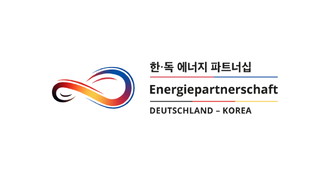Coal-Exit and Beyond: Structural Change and a Just Transition in Korea and Germany
Keywords: International Energy Transition, Coal Phase-Out, Fossil Phase-Out, Just Transition, Structural Change | Study published: September 2024
Today, Germany and Korea still rely on coal combustion as a main energy source. To reach their climate neutrality targets by mid-century both countries need to phase out coal as efficiently and swiftly as possible. Both Korea and Germany are pursuing similar strategies to achieve this, such as expanding renewable energy, developing green hydrogen, and implementing a carbon price. Despite different starting conditions, such as public acceptance and political frameworks, there are many similarities that both countries can learn from in managing their coal phase-out. This comparative study shows that Germany and Korea can benefit from each other's experience in structural policy and fossil fuel phase-out. Fostering bilateral exchange on policy measures, cooperation in promoting renewable energy sources, and social acceptance of the energy transition can help both countries achieve their climate goals.
With Germany and Korea aiming to reach climate neutrality by mid-century (2045 and 2050 respectively) while both economies still rely on coal combustion, it is beneficial to work alongside to phase out coal as efficiently and swiftly as possible.

- A just transition must be shaped using appropriate policy packages that combine forward-looking policies (e.g. to attract new industries) and reactive interventions (e.g. retraining and early retirement programmes).
- Public acceptance and support is a crucial factor for the implementation of structural change policies.
- Exchange with and inclusion of stakeholders should be central to policy making and implementation at all levels.
The study is a result of the Climate and Energy Partnerships:

